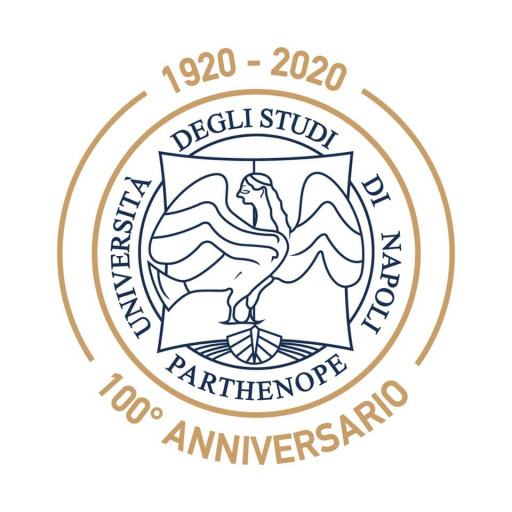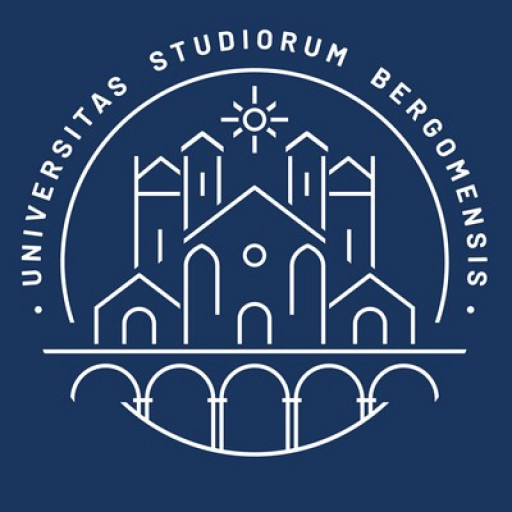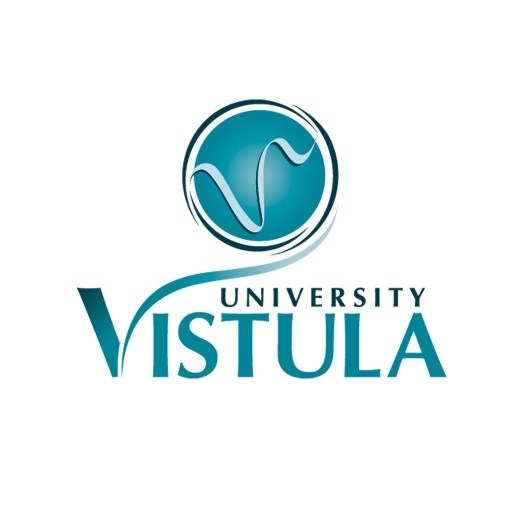Photos of university / #universitaetbern
The Master of Arts in International and Monetary Economics at the University of Bern provides students with a comprehensive understanding of the core principles of international economics, monetary policy, and global financial systems. This program is designed to equip students with both theoretical knowledge and practical skills necessary for analyzing complex economic issues in a global context. Throughout the coursework, students explore key topics such as international trade, exchange rate dynamics, international financial markets, and the role of central banks and monetary authorities. The program emphasizes quantitative methods and economic modeling to enable graduates to conduct rigorous research and data analysis.
Students benefit from a multidisciplinary approach, combining insights from economics, finance, and political science to understand the multifaceted nature of international economic relations. The curriculum includes mandatory courses in macroeconomics, microeconomics, econometrics, and specialized seminars on international finance and monetary economics. Additionally, there are opportunities for students to engage in applied projects, internships, and research collaborations with faculty members who are actively involved in current economic research and policy advising.
The program is tailored for those seeking careers in international financial institutions, central banks, policy research institutes, or academia. Graduates will be well-prepared to analyze and interpret global economic trends, advise on monetary policy, and contribute to economic policy development. The University of Bern’s vibrant academic environment, combined with its strategic location in Switzerland—a major hub for international organizations and financial markets—provides students with excellent networking opportunities and access to a rich array of resources.
Students also have the flexibility to tailor their studies according to their interests, with elective courses available in areas such as development economics, international trade policy, and financial regulation. Support for career development and professional skills is integral to the program, with workshops, seminars, and counseling services offered throughout the course of study. Graduates of the Master’s program in International and Monetary Economics will possess a robust set of analytical, research, and communication skills, enabling them to pursue impactful careers addressing pressing global economic challenges.
The specialized Master in International Monetary Economics program is worth 90 credit points under the European Credit Transfer System (ECTS) with a standard period of study of three semesters. With part-time study, the Master’s program will, accordingly, take longer.
The curriculum encompasses introduction, core and areas of specialization courses, and a Master’s thesis.
Introduction module: Advanced Topics in Economics
The complete introduction module is worth 18 ECTS. The aim is to bring all the students up to the same standard. It therefore has a broad base and includes the basic elements of studying Economics at Master’s level (microeconomics, macroeconomics and econometrics). The courses in this module are offered in parallel at both universities within the framework of their normal Master’s program.
Core module: Core Areas in Monetary Economics
Students have to obtain 24 ECTS in the core module. This comprises those courses which make this program a specialized Master’s program. They cover the key themes of the program in terms of content. The module also includes a seminar as part of which the students write and present a seminar paper (6 ECTS). The seminar is conducted by members of the faculties involved, but may also include experts with professional experience and potential employers for the graduates. The courses in this module are typically only offered at one of the two universities, so the students have to commute between them. The module includes a minimal amount of freedom of choice. The exact content of the module is determined by the Governing Board.
Specialization module: Areas of Specialization in International and/or Monetary Economics
Students can obtain 18 ECTS in the specialization module. In this module, they can choose from a wide selection of Master’s courses at the two faculties involved that are suitable for further specialization in the intended Master’s program. This module can also include courses from other faculties. In the specialization module, it is upon special request also possible to take courses that are not held in English. The aim of the specialization module is to give students the opportunity to build up a personal profile according to their interests or the career they hope to pursue. However, the Governing Board ensures that the content is to some extent related to the specialized focus of the MIME.
Courses in the core module can also be recognized for the specialization module if the student has already obtained the necessary number of points in the core module.
Master’s thesis
The Master’s thesis is worth 30 credit points. It therefore requires 900 hours of work, which equates to 20 weeks of full-time work. It can only be started after the introduction module has been successfully completed and at the end of the second semester. Because of the scope of the Master’s thesis, very high standards are set for its originality and for the intensity of the research required. It is supervised by at least one full-time member of one of the two faculties. The supervisor sets a subject in consultation with the student.
If the Master’s thesis is not accepted, it can be repeated once, with a new subject being set. If the thesis is rejected once again, the student is disqualified from the program.
The application process consists of two stages:
- Stage 1 (pre-application): The applicants submit a short CV and a list of the courses taken together with the grades achieved in individual courses as well as the grade point average (GPA). If available, GRE or GMAT scores could also be submitted. Please send your pre-application to guido.baldi@vwi.unibe.ch.
- Stage 2 (application): Those who are found to satisfy the minimum MIME requirements are invited to initiate the official application process.
If accepted, the students are expected to have obtained their BA by the time courses start.
- Curriculum vitae in table form with uninterrupted chronology of your education and academic studies up to the present incl. up-to-date passport photo (45 mm high by 35 mm wide)
- Motivation letter (incl. family name, given name, full address, e-mail address, date and signature and – if you have one – mobile phone number)
- Two recommendation letters
- If you are holding a bachelor degree's: Originally certified photocopies of your degree (e.g. diploma and diploma supplement). The correspondence of the photocopy to the original must be officially certified.
- Originals (stamped and signed) or originally certified photocopies of all official proofs of your achievements (transcripts) with grades/scores
- Grading system of the degree issuing university, if the grading system is different from ours. Our scale goes from 1 to 6, with 6 being excellent and grades below 4 being unsatisfactory.
- Brief description of the content/learning objectives of the different courses/lectures (annotated course catalog or module handbook)
- Originally certified translations of the original documents (e.g. diploma, diploma supplement, bachelor's or master's degree, transcripts of diploma records), if these are not written in German, English, French or Italian. These translations have to be inseparably connected with the originally certified photocopies of the original documents.
- According to the curriculum for the specialized master's program in International and Monetary Economics MIME persons wishing to register in this program who do not have English as their mother tongue must provide evidence of adequate knowledge of English to B2 Level of the European language portfolio (Self-assessment grid) before they can matriculate.
- Original or certified photocopy of a GMAT or GRE score, if you are not exempt from the test
- Photocopy of your valid passport or identity card
- Application fee: CHF 105
The Financing component of the International and Monetary Economics program at the University of Bern provides students with a comprehensive understanding of financial markets, institutions, and tools essential for analyzing economic phenomena related to finance. The curriculum covers foundational topics such as financial theory, investment analysis, risk management, and the functioning of banking and financial systems. Students gain knowledge about various financial instruments, including stocks, bonds, derivatives, and currencies, as well as their role in international trade and economic stability. The program emphasizes quantitative skills, enabling students to apply econometric and statistical methods to financial data for precise analysis and decision-making. Practical insights are integrated through case studies and projects, allowing learners to evaluate real-world financial scenarios, assess risks, and develop strategies. The program also explores the interrelations between monetary policy, central banking, and financial markets, providing a nuanced understanding of how monetary policy influences exchange rates, inflation, and overall economic stability. Additionally, students study the regulatory environment governing financial markets, understanding the importance of compliance, risk mitigation, and financial supervision. The program prepares graduates for careers in banking, financial consultancy, investment analysis, and policymaking, equipping them with the analytical tools and theoretical frameworks necessary to navigate complex financial environments. The interdisciplinary approach combines economic theory, financial mathematics, and empirical research, ensuring students develop a robust skill set tailored for the dynamic and evolving landscape of international finance and monetary policy.
International and Monetary Economics at the University of Bern offers a comprehensive exploration of the global economic landscape, focusing on the interplay between international trade, finance, and monetary policy. The program equips students with robust analytical tools necessary to understand complex economic phenomena influencing global markets. Emphasizing cutting-edge research and practical application, the curriculum covers international monetary systems, exchange rate dynamics, financial markets, and the economic aspects of globalization. Students engage with advanced economic theories, quantitative methods, and policy analysis to prepare for careers in international organizations, financial institutions, government agencies, or academia. The program is designed for students who have a solid foundation in economics and mathematics, aiming to deepen their understanding of how monetary and economic policies are formulated and implemented across borders. Faculty members are renowned scholars committed to delivering high-quality education and conducting influential research in international economics. The university's strong ties with international economic institutions provide students with valuable internship and networking opportunities. Upon graduation, many students pursue careers in economic research, policy advising, or within international financial institutions such as the International Monetary Fund or the World Bank. The program also offers opportunities for language learning, fostering cross-cultural communication skills essential in the global economic environment. Features include small class sizes to ensure personalized instruction, interdisciplinary coursework, and opportunities for students to participate in seminars, workshops, and international exchange programs. The university's supportive academic environment encourages collaboration and innovation, making it an ideal place for students passionate about understanding and shaping the future of the global economy.










